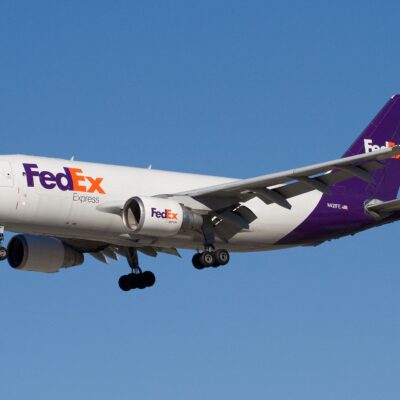Shares of Booking Holdings Inc (NASDAQ: BKNG) were down in premarket after the travel technology company disclosed plans of buying Sweden-based Etraveli Group to expand its footprint in the flights space.
Booking Holdings is spending $1.83 billion on the acquisition
Booking Holdings is paying $1.83 billion to bring the Swedish travel agency under its umbrella, the press release revealed late on Tuesday. The agreement with Etraveli’s current owner CVC Capital Partners is subject to customary closing conditions, including regulatory approval.
Are you looking for fast-news, hot-tips and market analysis?
Sign-up for the Invezz newsletter, today.
The announcement comes only days after Booking Holdings said it wanted to acquire Getaroom for $1.2 billion – a Texas-based B2B platform – to further penetrate the hotels business. The recent acquisitions just ahead of the holiday season place it well to benefit from the high-demand period.
Etraveli will remain headquartered in Sweden and operate under the same management as an independent subsidiary of Booking Holdings, the American company confirmed in the press release.
Many of its other brands, including Agoda, Priceline, Kayak, and Booking.com, also operate independently.
Flight bookings were up 131% in Booking Holdings’ Q3
The decision to acquire Etraveli might be linked to Booking Holdings’ financial results for the third quarter, which established “flights†as a prominent growth driver. Thanks to Booking.com and Priceline, flight bookings in the latest reported quarter were up 131% versus the 2019 equivalent.
Etraveli has been a flights partner for Booking Holdings since October 2019. In the press release, CEO Glenn Fogel said:
As international air travel rebounds from the impact of the pandemic, we look forward to building upon our existing relationship with Etraveli Group to make the travel booking experience easier and more seamless to support our partners and customers.
Booking Holdings’ stock has almost doubled since the pandemic low in March 2020.
eToro
10/10
67% of retail CFD accounts lose money





